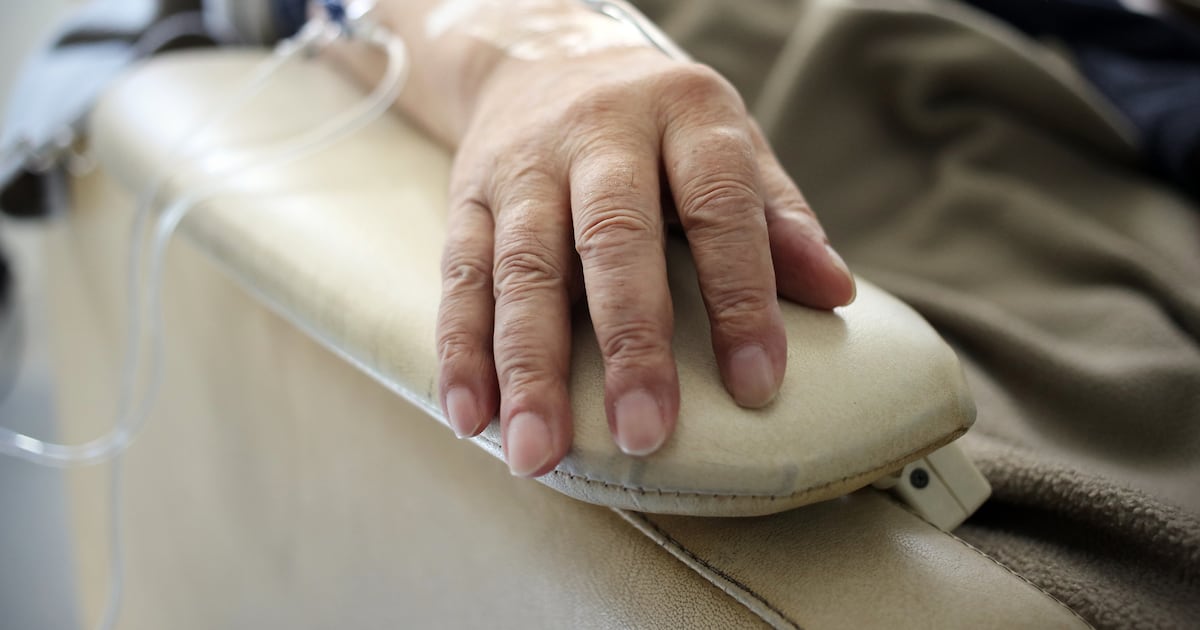Other News
Hospital secures orders allowing it administer chemotherapy to woman with advanced cancer

Read more on post.
A hospital has secured court orders permitting doctors to urgently administer chemotherapy to a woman with advanced cancer.
Without the treatment, the evidence is that the outcome for the woman would be fatal, the High Court’s Mr Justice David Holland said when granting the orders on Monday.
In seeking the orders, solicitor Natasha McKenna, for the hospital, said the orders are necessary because the woman, aged in her 60s, has been found to lack decision-making capacity concerning her diagnosis and treatment.
The woman has been in a residential unit since she suffered a stroke almost two decades ago.
A court appointed guardian, solicitor David Hickey, has made several efforts to get her views but she refused to see him or engage with him, Ms McKenna said.
Mr Hickey had said the medical evidence supported the hospital’s application, the judge was told. That evidence was clear about the importance of the treatment, that her cancer is at an advanced stage and the treatment meant a high likelihood of survival.
Ms McKenna said the woman’s sister supported the proposed treatment and believed, if the woman had the necessary decision-making capacity, she would wish to have it.
The proposed treatment involves sessions of chemotherapy. The medical evidence was it would offer a 30-40 per cent chance of a better outcome for her cancer. If she did not receive the treatment, doctors considered the outcome would be fatal.
Having considered the evidence, including medical reports, and the submissions, the judge said he would make the orders.
They provide the woman may be brought from the residential unit to the hospital to be treated, on an outpatient basis.
Ms McKenna said the hospital was not seeking detention orders because the woman has been “reasonably compliant” with other medical interventions, although she had resisted some nursing interventions.
In a separate application, the judge granted orders to the Health Service Executive for transfer of a man with cognitive impairment from a hospital to a nursing home.
The man has been in hospital since being admitted after a fall at home some months ago. He does not require inpatient treatment and had effectively been kept in hospital while a nursing home place was sought, the judge was told.
The man lacks insight into the extent of his impairment and the dangers to him if he returns home, the court heard. His son had found him on the floor after his fall and feared, if his father returned home, he would be a fall risk and might also resume driving. He had previously driven on the wrong side of the road and sometimes abandoned his car.
There was a background of domestic violence and the man’s wife left their home some time ago, the court heard. His relations with his adult children are poor, they are not in a position to provide care to him and believe a long-term care placement was necessary, the court heard.
His court-appointed guardian, who agreed the man lacks insight into his impairment and the dangers if he returns home, supported the HSE application.
Mr Justice Holland, noting the matter was urgent because the nursing home place could be lost if it was not taken up, said he was satisfied to grant the transfer order.











